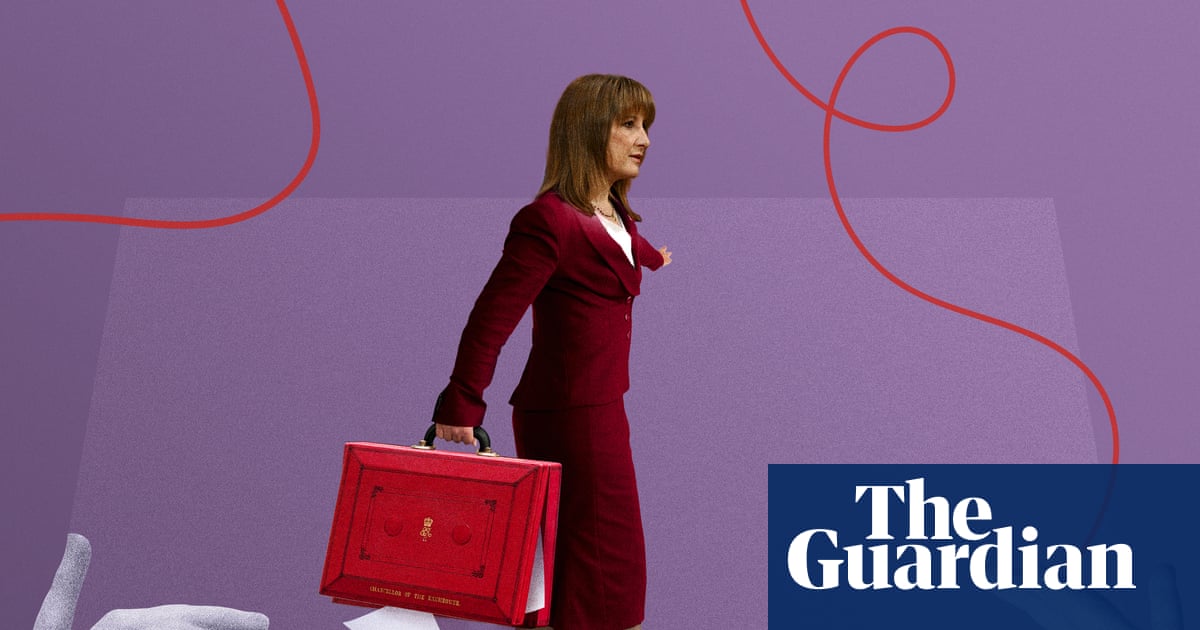
"Every budget could be described, to a greater or lesser extent, as a high-stakes moment. Things can easily go badly wrong, as Gordon Brown discovered when he abolished the 10p tax rate in 2007, or George Osborne when his 2012 omnishambles' budget fell apart over pasties, and especially Kwasi Kwarteng, whose disastrous mini-budget of 2022 sent the Conservatives spiralling towards electoral defeat."
"Veterans of the Blair government who have watched the chancellor at work behind the scenes say she has a calm, methodical approach, which compares favourably with the chaos that surrounded Brown in the buildup to his budgets, as KitKat wrappers and pages of speech drafts were strewn around the floor of No 11. Yet to the world outside, the run-up to this difficult second Labour budget has looked utterly chaotic."
"And a carefully choreographed series of interviews and speeches from Reeves, setting out the bleak economic backdrop and paving the way for a manifesto-busting rate rise in income tax to the dismay of many Labour MPs gave way last week to yet another policy U-turn. The highly controversial plan which would have marked the first rise in the basic rate since 1975 has now been ditched, in favour of a menu of smaller revenue-raisers, including extending the freeze on income tax thresholds."
The budget run-up has been high-stakes and marked by near-missteps from past UK chancellors. The chancellor maintained a calm, methodical approach behind the scenes, but public signals appeared chaotic as many policies were floated and withdrawn. A planned rise in the basic rate of income tax, the first since 1975, was abandoned. The government pivoted to smaller revenue-raisers, notably extending the freeze on income tax thresholds despite prior commitments that such a freeze would hurt working people. Investors sold government bonds on concerns about fiscal credibility, and allies cited wage pressures as a reason for the policy change.
Read at www.theguardian.com
Unable to calculate read time
Collection
[
|
...
]